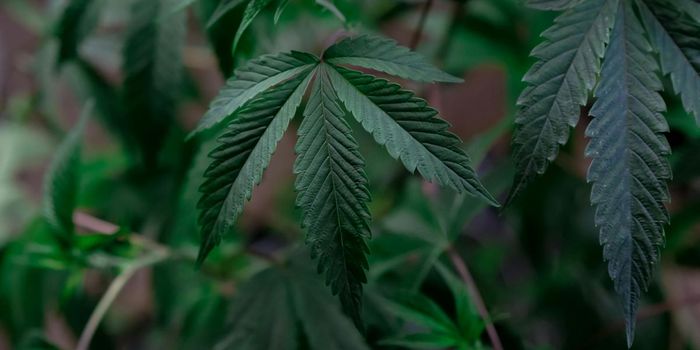UK Loosens Regulation on Prescription CBD for Epilepsy
Epidyolex—the epilepsy drug that contains the non-psychoactive cannabis chemical cannabidiol, or CBD—has been changed from a controlled drug to one that's available over the counter by the UK’s Home Office, signalling a big uptick in official confidence in the medicinal cannabis category.
It comes two months after a similar de-scheduling in the USA—in April 2020 the Drug Enforcement Agency announced that Epidiolex (the American and European spellings are different) was also no longer a controlled substance. US physicians can now prescribe the medicine free of the requirements of state prescription drug monitoring programs.
The UK regulatory relaxation of the drug is a particularly big deal given Epidyolex was only accelerated into the UK’s National Health Service late last year (recreational cannabis is illegal in the UK). The medication is licensed for the treatment of severe intractable forms of epilepsy such as Lennox Gastaut syndrome and Dravet syndrome.
On appearing in Britain’s national formulary Epidyolex was a schedule 2 controlled drug, putting it in the same category as methadone and diamorphine (drugs that not only require a doctor’s prescription but also have strict record keeping and storage requirements). The announced change—to schedule 5—is game-changing as schedule 5 is the least strict category, for medications that don’t even require a prescription and can be bought over the counter in pharmacies.
The move appears symbolic—a tacit nod to CBD being safe. There are many CBD products on the UK being marketed as food supplements, but there has been an uneasy relationship with regulators who still clamp down heavily on any products found to contain more than a tiny percentage of the main psychoactive in cannabis, THC.
CEO of UK cannabinoid supplier Grow Pharma, Pierre van Weperen, believes the move to make Epydiolex schedule 5 is a move in the right direction but that the country’s regulators need to ease up on the THC ban for further progress. “The two most important regulations for the UK to be changed are the very strict limitations on importing THC or THC-containing products, which create issues around availability and cost for patients that could easily be resolved,” he told labiotech.eu. “The other issue is in terms of allowing the UK to export CBD- and THC-containing products. The UK could very well become a leader in European medicinal cannabis if these regulations were relaxed.”
Sources: Labiotech.eu, GW Pharmaceuticals, High Times









